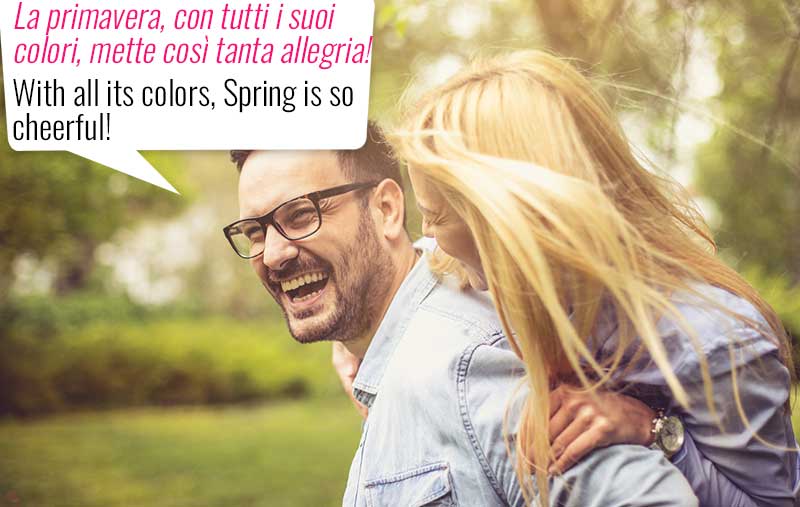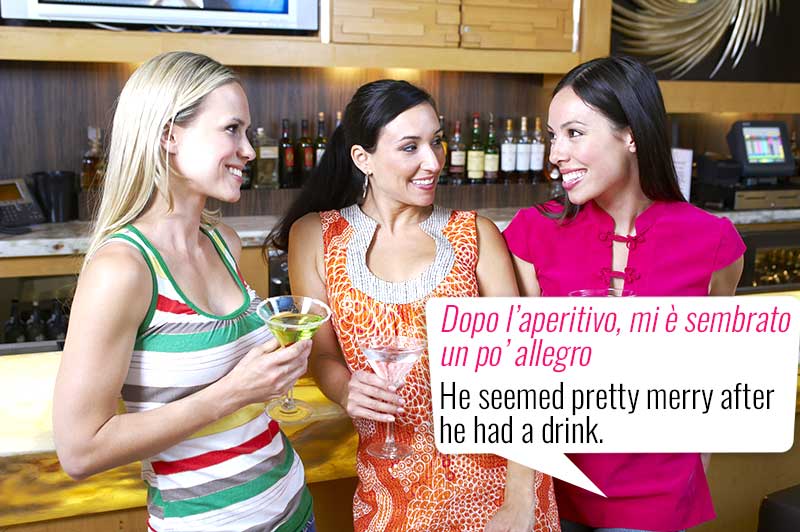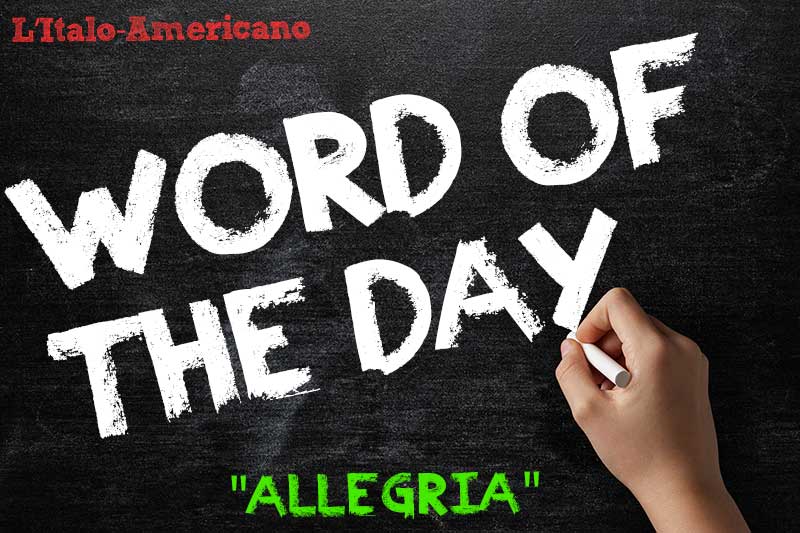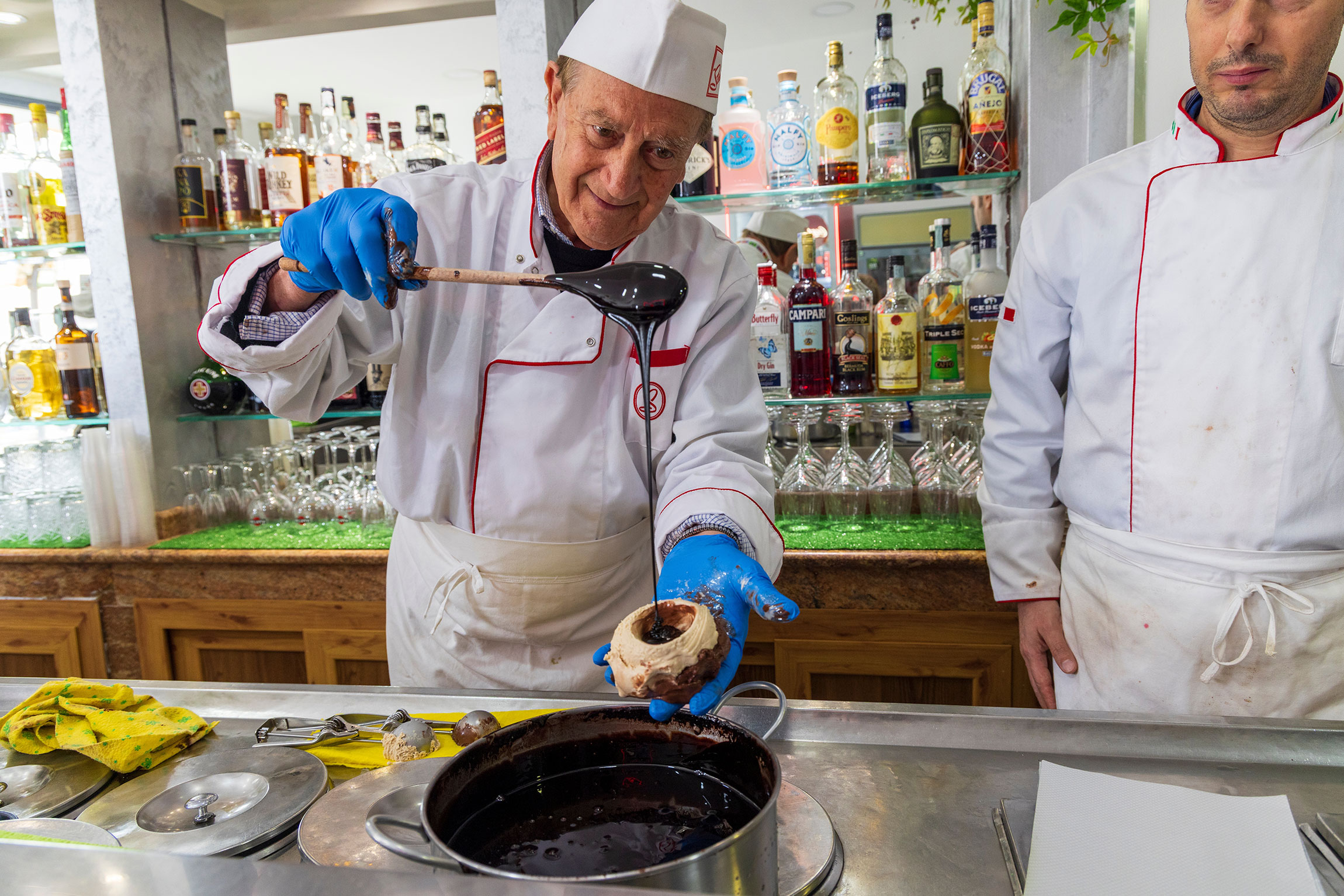Allegria! (Ahl-lai-gree-ah) means fun, gaiety, cheerfulness. Italians are known to be gente allegra, cheerful people, and it shows especially in hard times such as these.
The history of the word is somehow uncommon — or at least it is, when compared to the majority of those we chat about in this column. While its roots are, unsurprisingly, to be found in the Latin language of our ancestors (more precisely in the word alacer, “eager”), the move from ancient Rome to modern Italian happened with the help of our next door cousins, the French, who began using allegre and gave it to us sometimes around the 15th century.
Being allegro is different from being felice, happy. You can be happy inside and show it only with a smile or with your attitude, but when you are allegro the whole world sees it and the way you feel cannot be mistaken: le persone allegre move lightly around, laugh and tend to have a contagious attitude. Allegria is what you share on a night out with your friends, when you are carefree, relaxed and joyous and, to many non-Italians, allegria is the quintessence of Italianity.
Allegra, the feminine adjective derived from the noun allegria, is also a beautiful girl’s name in Italy. Any VIP carrying it? Yes, Allegra Versace, daughter of Donatella and niece of the late fashion genius Gianni Versace.
Careful though about double entendres: essere allegro doesn’t only mean to be cheerful and in a good mood, but also to have had a couple of drinks too many, just like the English “to be merry.” Once upon a time, the same expression was a common euphemism to talk about someone who … enjoyed bedroom activities a tad too much. Today, it is no longer common, but you could still hear now and then.

La primavera, con tutti i suoi colori, mette così tanta allegria!
With all its colors, Spring is so cheerful!

Non so come fai ad essere così allegro in un momento tanto orribile.
I don’t understand how you can be so cheerful in such a dreadful moment.

Dopo l’aperitivo, mi è sembrato un po’ allegro.
He seemed pretty merry after the aperitivo.




























